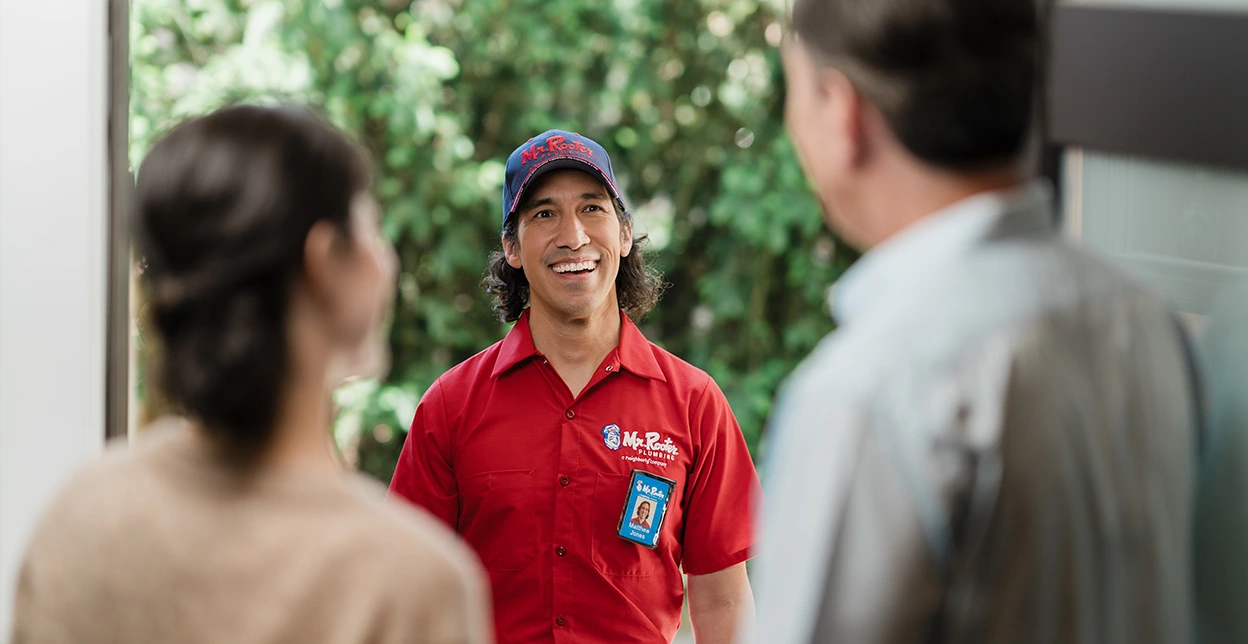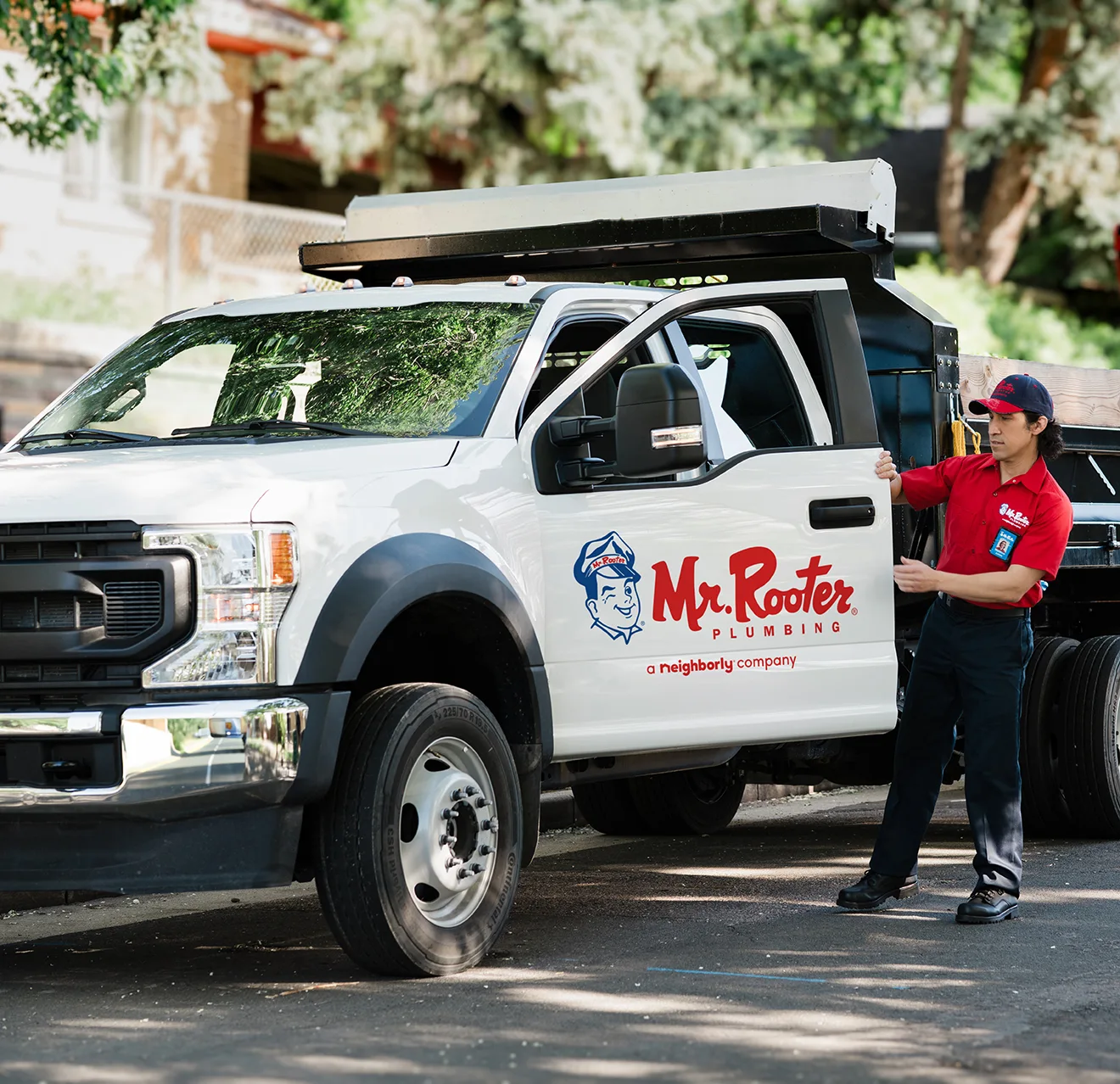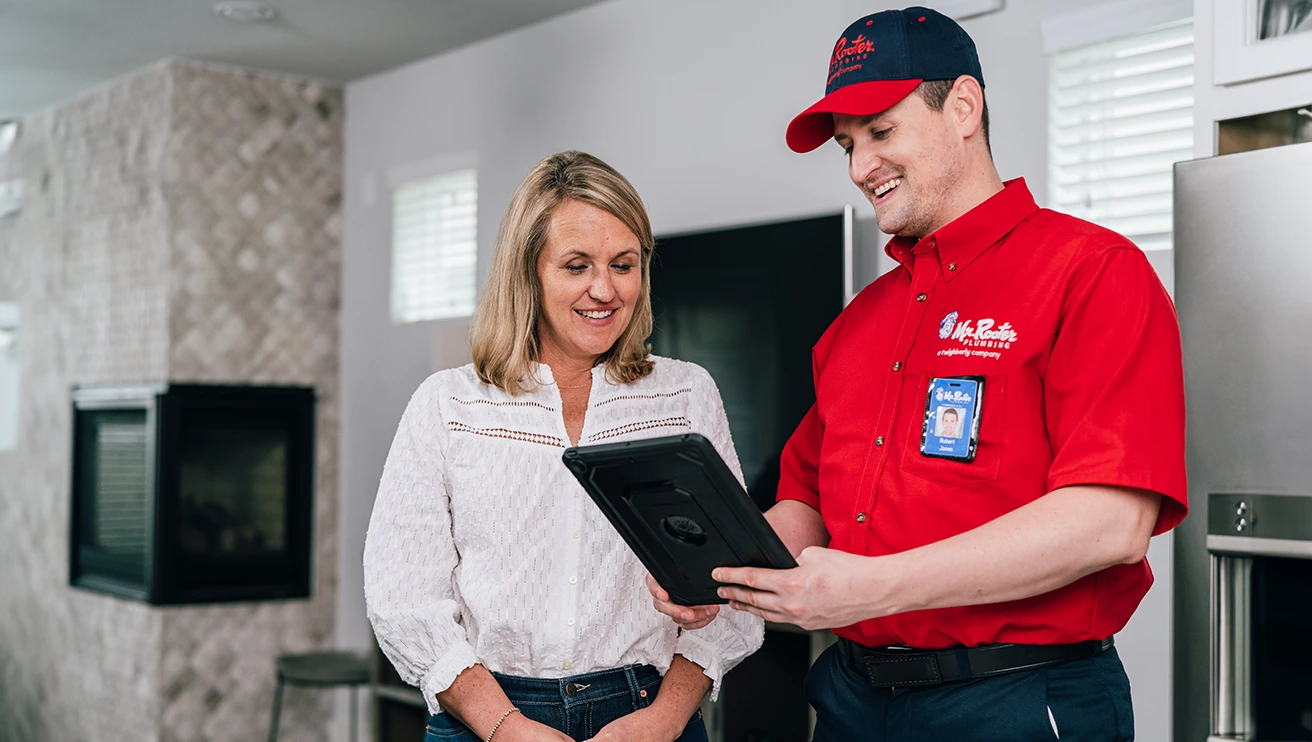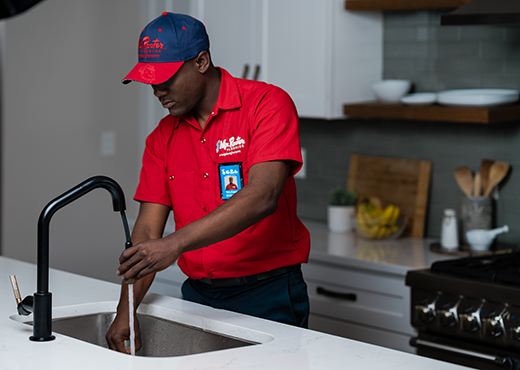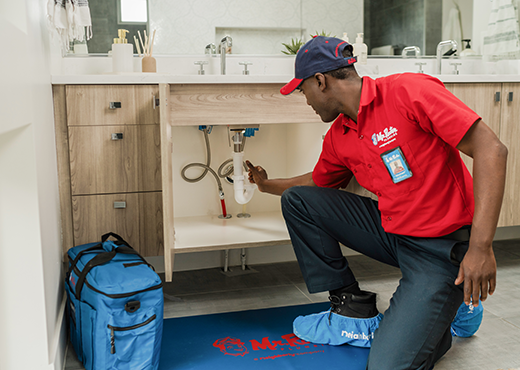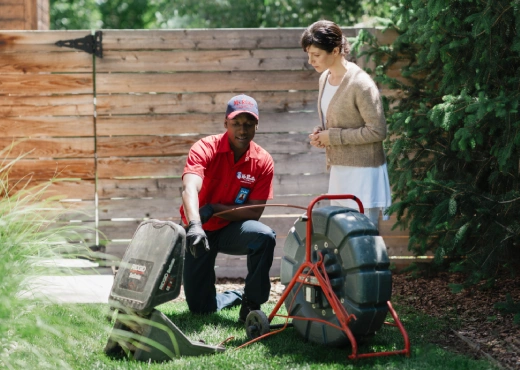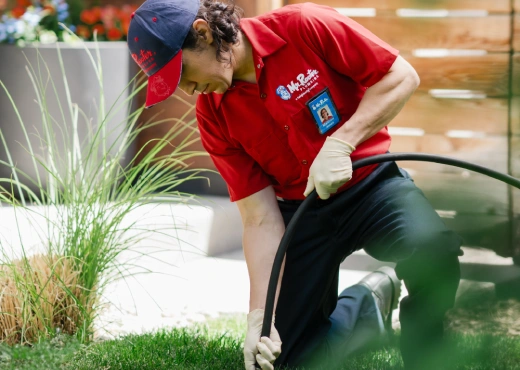There are some instances where excavation services are unavoidable. While it may be difficult to know if pipe excavation is required without the advice of a professional, here are some common causes of sewer and drain excavation.
1. Blocked Sewer Lines
Plumbing excavation is sometimes caused by blockages that cannot be removed unless a plumber can access the pipe. Sewer lines can face severe clogs and blockages due to:
- Food
- Grease
- Oils
- Foreign objects, such as toys
- Any debris other than toilet paper
If these objects are flushed down the drains, they can clog your sewage lines and damage your pipes over time, requiring a more invasive strategy for proper functioning. Though preventive sewer line maintenance and drain cleaning can help avoid these blockages, it may get to a point where excavation is necessary. A plumber must dig up the ground around the blocked pipes and repair or replace them.
2. Old or Damaged Pipes
Sewer lines can be made from various materials, including plastic, clay, metal and concrete. Certain materials suffer from breakage and cracks faster than others. This means that a pipe excavation may be necessary simply due to age. You might run into drainage and sewage leak issues as a result.
If your home or business is on a particularly old property, your pipes may be more vulnerable to decay and collapse. Plumbing excavation may be necessary to replace these pipes with new lines.
3. Poor Soil Condition
In certain environments, the condition of the soil surrounding your pipes may freeze, creating cracks that require excavation to fix. Loose, soft soil is more vulnerable to ground movements, which can cause damage to the structure. Muck and debris from this soil may enter the sewer line through broken seals, creating clogged or blocked drains.
The movement of the soil can also shift the placement of the lines. Shifting soil may contribute to increased pressure that could lead the pipes to potentially collapse, creating flooding or leaking sewerage onto your property.
4. Tree Root Intrusion
Tree roots have a mind of their own and tend to gravitate toward water sources. It is possible that they can wander over to your sewage lines and start growing into them or around them. While this may not be a noticeable problem right away, the tree roots will weaken the pipes over time and cause them to break down or collapse, leading to drain blockages.
In this case, pipe excavation may be necessary to assess the severity of the tree root intrusion.
5. Sewer Line Corrosion
Sewer lines can corrode due to their material, soil conditions, temperature changes and even poor protective coating application. Erosion may also occur if you use certain drain-cleaning solutions too often that wear away the inner pipe lining. These issues can jeopardize your pipe's structural integrity and cause pipes to slowly break down or leak. Excavation may be the only solution to corrosion and erosion on your sewer lines if left untreated.
6. Sewer Line Misalignment
Your sewer lines could also break down or collapse if they become offset or misaligned. Though it might take time to notice this problem, you may notice drainage or backup problems that indicate an issue. Misaligned pipes may start to leak wastewater into the soil surrounding your lines, leading to erosion or collapse. Misalignment may require a plumbing excavation to realign or replace the pipes entirely.
7. Installing New Plumbing Systems
If you are installing a new plumbing infrastructure on your property, a pipe excavation may be required to ensure proper connections and pathways. For example, if you have a damaged septic tank and need a new sewage line, you will likely need a pipe excavation to lay the new lines. Certain municipal bylaws may also require you to perform an excavation to switch to an up-to-code city sewer system.
